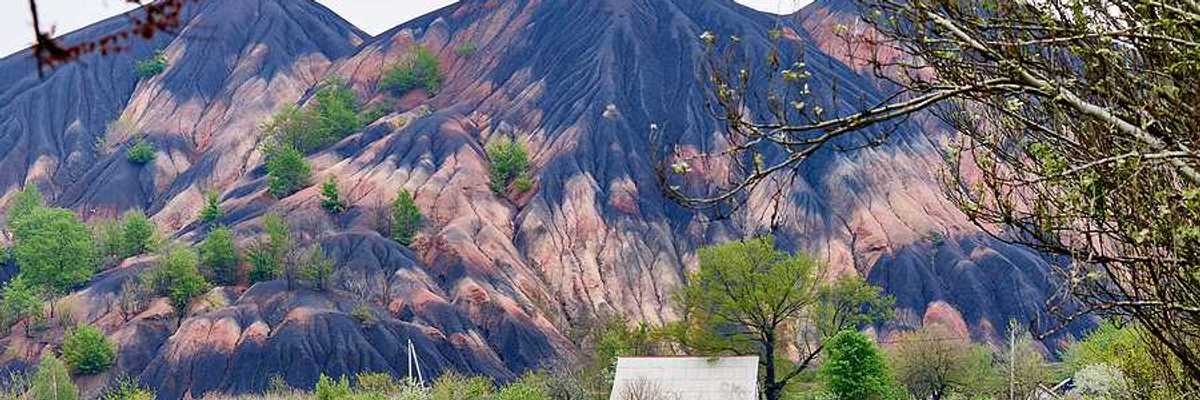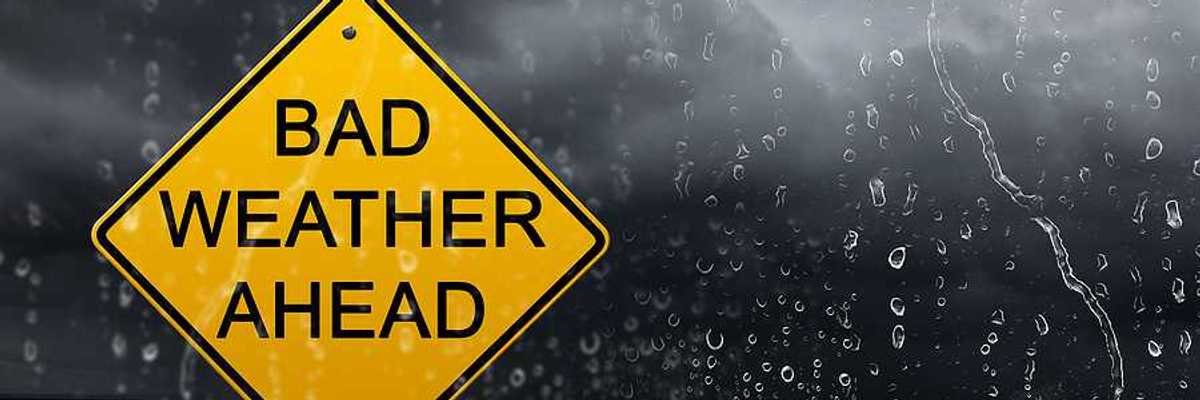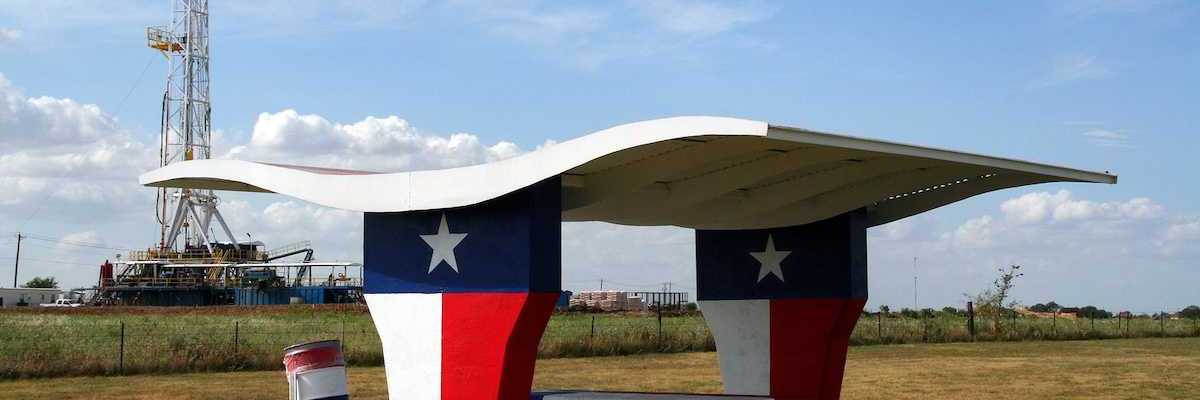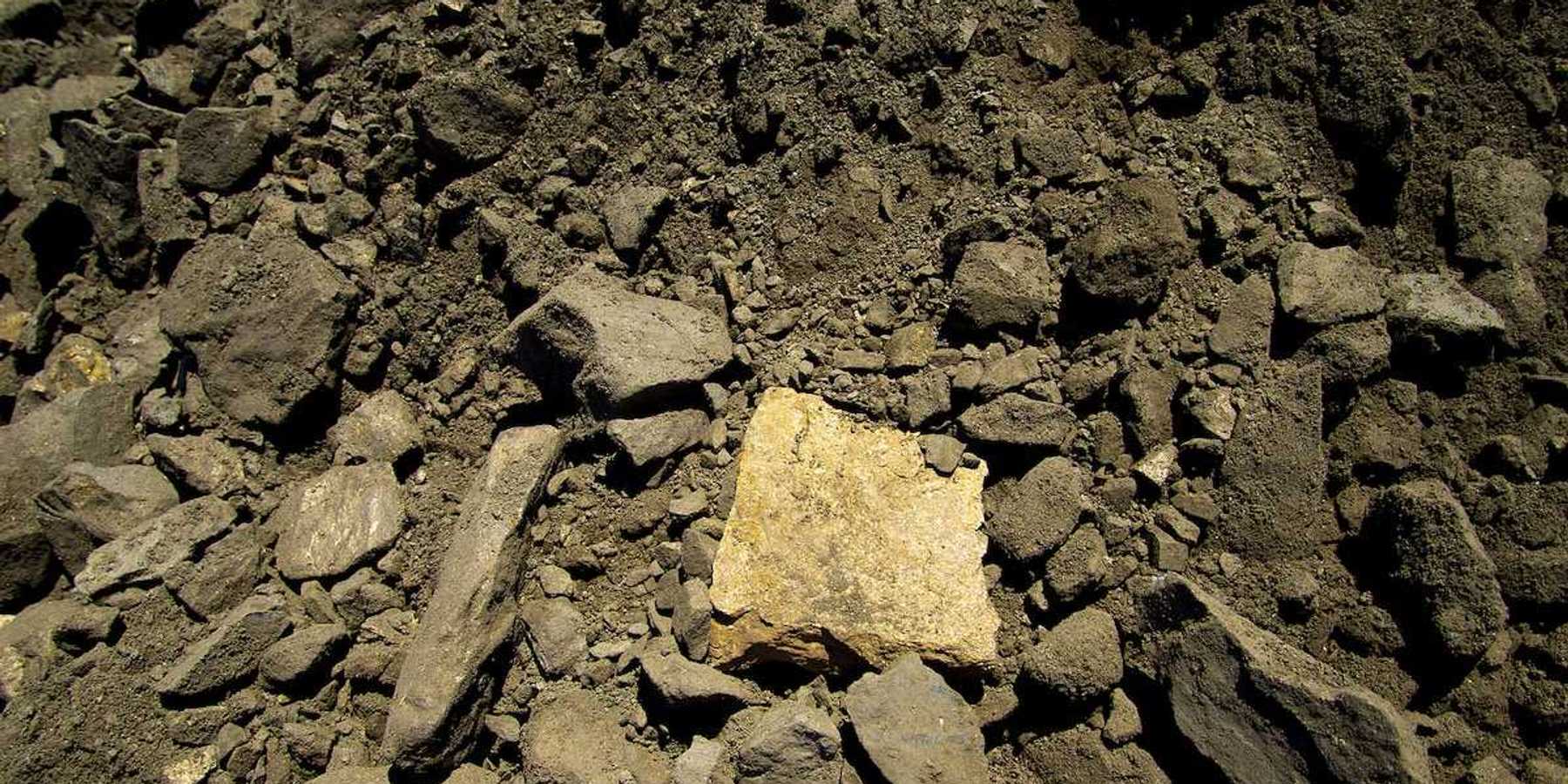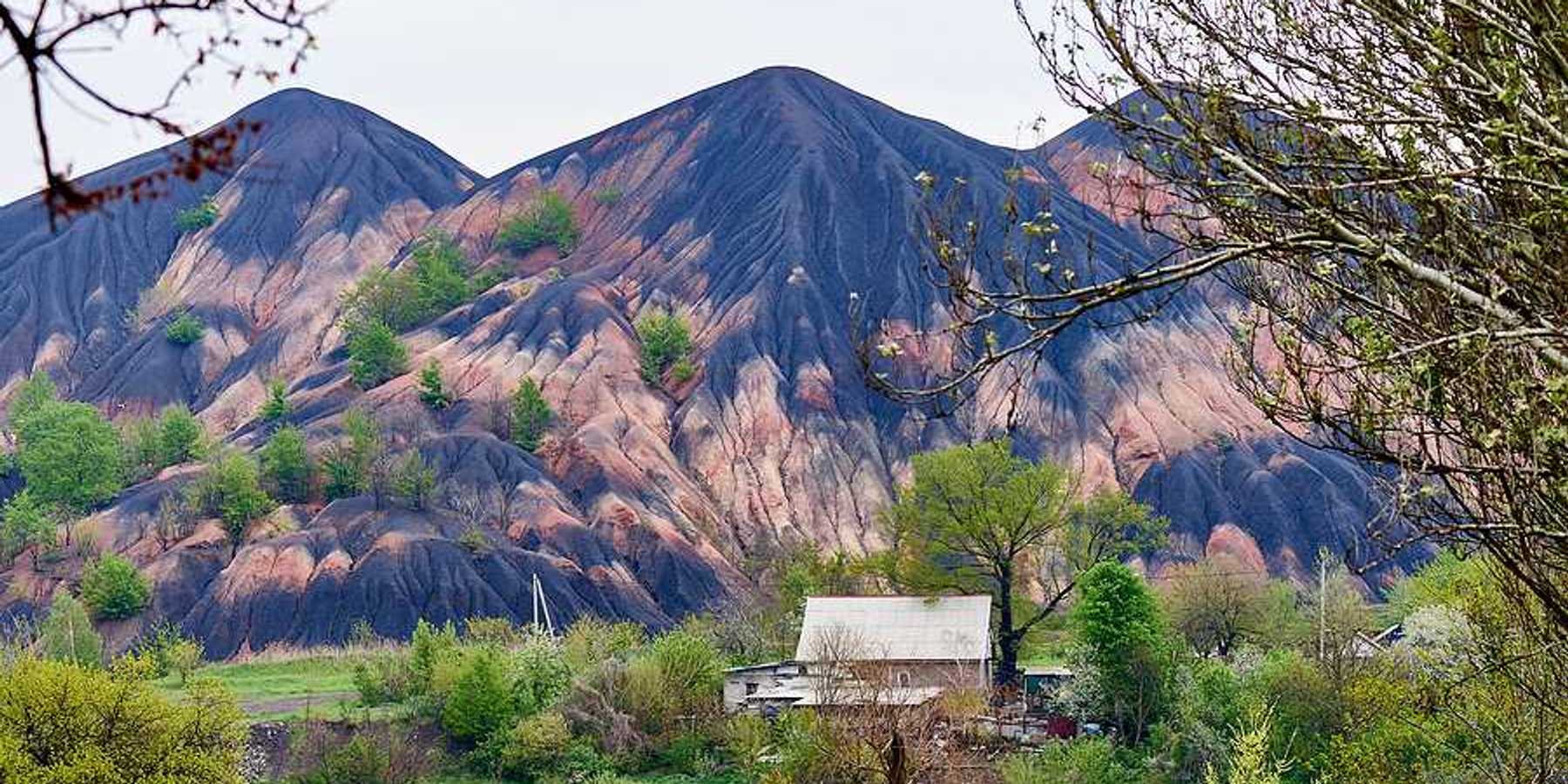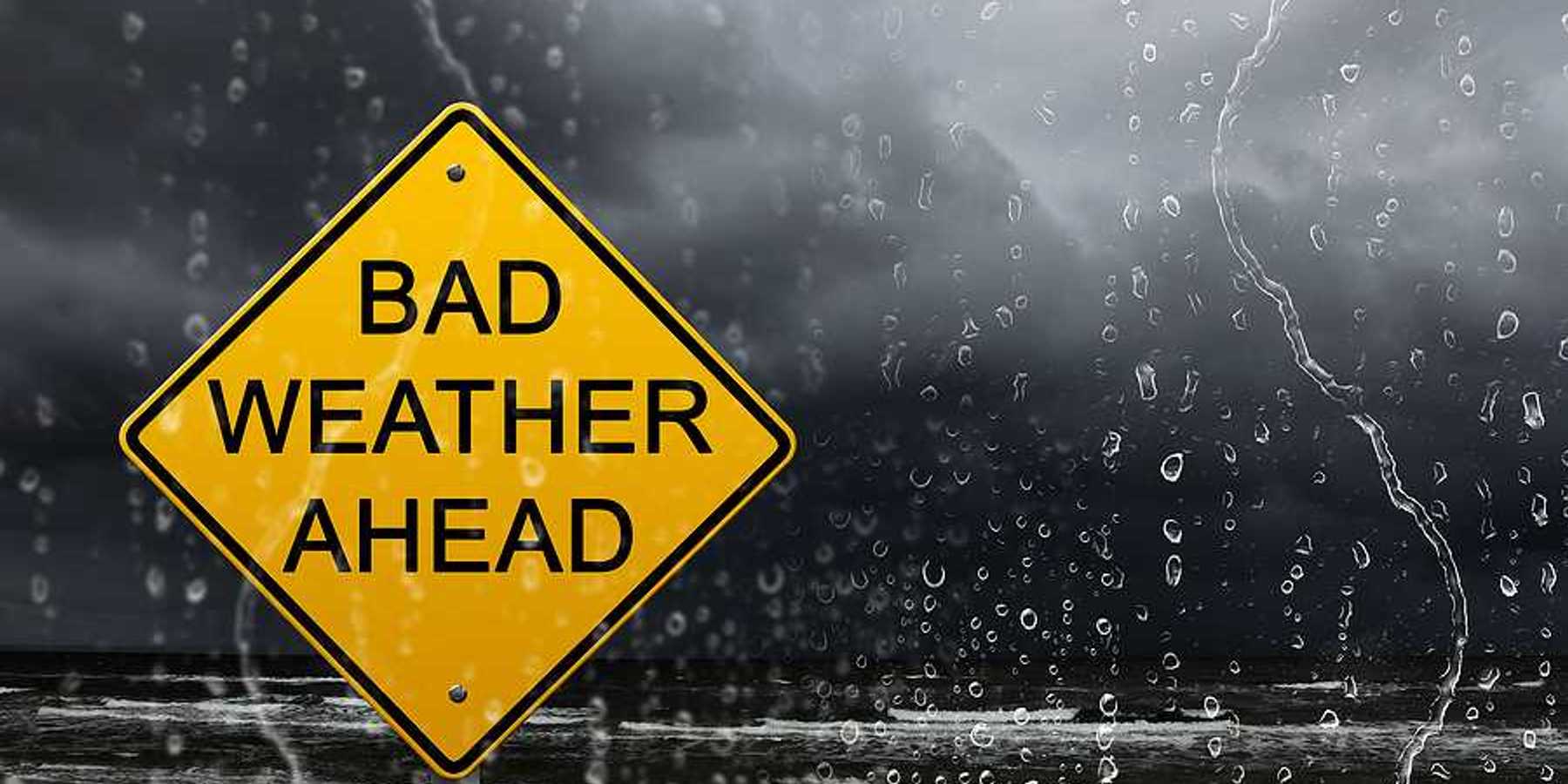history
Americans understood climate change decades ago
In the 1960s, Americans across various sectors, including government and media, were aware of climate change, contrary to recent Supreme Court opinions.
In short:
- Historian Naomi Oreskes uncovered evidence that scientists, Congress and even magazines like Sports Illustrated discussed climate change before 1970.
- A forthcoming paper reveals more than 100 congressional hearings on CO2 and climate issues before the Clean Air Act's enactment.
- The research challenges current legal interpretations, suggesting Congress intended to empower the EPA to regulate greenhouse gases.
Key quote:
“We discovered a universe of discussions by scientists, by members of Congress, by members of the executive branch.”
— Naomi Oreskes, historian of science at Harvard University
Why this matters:
This research highlights a forgotten history of climate awareness, challenging narratives that downplay past knowledge and intent. Recognizing this history could inform current legal and policy debates about climate regulation.
Headstones are restored to Poplar Island after 60 years
Gravestones from Poplar Island were returned after six decades, fulfilling a family's dream and marking a significant historical restoration.
In short:
- Poplar Island in the Chesapeake Bay, once lost to erosion, has been restored using dredged material from shipping channels.
- The Howeth family rescued five gravestones from the island in the 1960s and recently returned them as part of the island’s restoration.
- The gravestones were installed in a prominent location on the island, now serving as a historical marker for visitors.
Why this matters:
The erosion of Poplar Island is a poignant reminder of the urgency to address climate change. Each lost acre is not just land disappearing, but a fragment of history washing away, a community's memory sinking beneath the waves.
Florida's new law mandates flood history disclosure for homebuyers
Florida's new law requires home sellers to disclose flood history to buyers, aiming to mitigate risks in vulnerable areas.
In short:
- The law mandates that sellers provide flood history information, including past insurance claims and federal aid, before a sales contract is executed.
- Florida was one of 18 states without a flood disclosure requirement, despite being highly susceptible to flooding due to climate change.
- While the law is a step forward, it has loopholes and does not require disclosure if no insurance claim was filed or if the property is in a flood zone.
Key quote:
“Having the information will help buyers make more informed and better decisions about protecting what is likely to be their single biggest asset, their homes.”
— Rachel Cleetus, policy director of the Union for Concerned Scientists
Why this matters:
Disclosing flood history helps protect buyers and could prompt better planning decisions in flood-prone areas. However, gaps in the law may leave some risks unaddressed, highlighting the need for more comprehensive measures.
Related EHN coverage:
Melting glaciers reveal Viking pass hidden for centuries
With global warming, glaciers and ice patches high in Norway's mountains are melting, and in their wake revealing a secret history that's been hidden for millennia.
Melting glaciers reveal Viking pass hidden for centuries
With global warming, glaciers and ice patches high in Norway's mountains are melting, and in their wake revealing a secret history that's been hidden for millennia.
Climate change and the village at the end of the world
Ittoqqotoormiit, in the east of Greenland, is probably the most remote village in the world. Only about 350 people live in the tiny hamlet north of the Arctic Circle. Today their unique way of life is under threat.
Warmest September on record as 'gobsmacking' data shocks scientists
The world's September temperatures were the warmest on record, breaking the previous high by a huge margin, according to the EU climate service.

